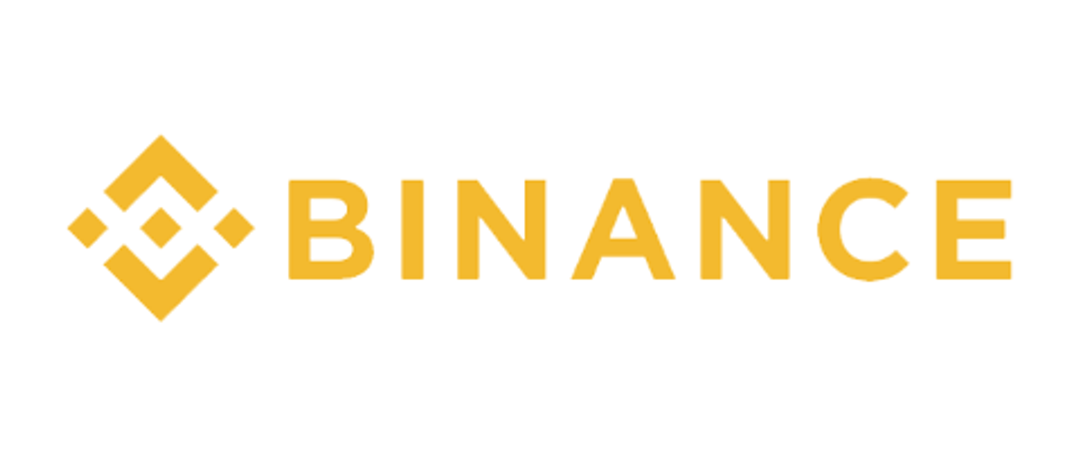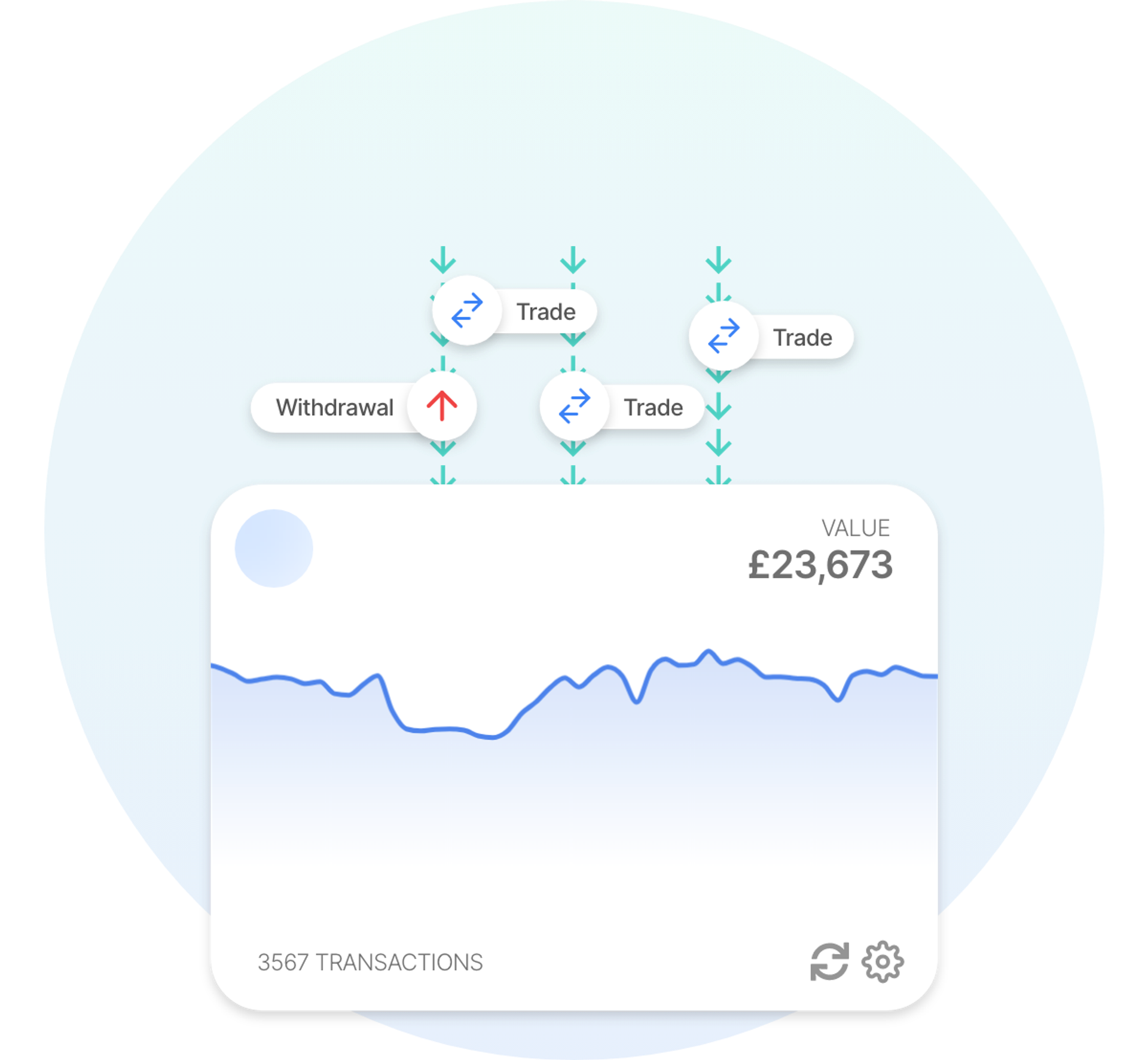Recap makes it easy to calculate your Binance crypto taxes. Sign up to Recap, export you Binance statements and upload them into Recap for seamless tax reporting.
*Disclaimer: The information provided in this content does not endorse Binance. Furthermore, it does not constitute tax advice. If you are uncertain about any financial or tax-related matters, we strongly recommend seeking guidance from a qualified tax professional. Additionally, you may utilise our accountant and professional advisor sharing features.
What is Binance?
Binance is the largest crypto exchange by trade volume and allows investors to buy and trade a wide range of crypto assets including Bitcoin, Ethereum and NFTs.
Here's a breakdown of what Binance offers:
- Buying and Selling Crypto: Purchase and sell popular cryptocurrencies like Bitcoin and Ethereum directly on the platform.
- NFT Marketplace: Buy and sell Non-Fungible Tokens
- Auto-Invest: Auto-invest in crypto assets using a dedicated platform
- Margin Trading: Use borrowed funds to bet on the price of a crypto assets going up or down.
How to automate your Binance crypto taxes with Recap
You can make the process of calculating your taxes stress-free with our crypto tax software. Upload your Binance statements into Recap, and our system will classify and value all transactions using our unique fair-market valuation engine and determine your tax liability.
 Sync Binance CSV
Sync Binance CSV How are Binance Transactions Taxed?
Tax implications on your Binance transactions differ based on transaction types and your tax jurisdiction. Here are the tax guidelines for the different transaction types on Binance:
| Transaction type | CGT | Income | Tracked in Recap |
|---|---|---|---|
| Deposits | |||
| Withdrawals | |||
| Buying crypto with fiat | |||
| Crypto to crypto | |||
| Selling crypto for fiat | |||
| Earning staking rewards | |||
| Defi Interest | |||
| Airdrops | |||
| Dust transactions |
Refer to our tax guides for a more detailed look at crypto tax rules.

